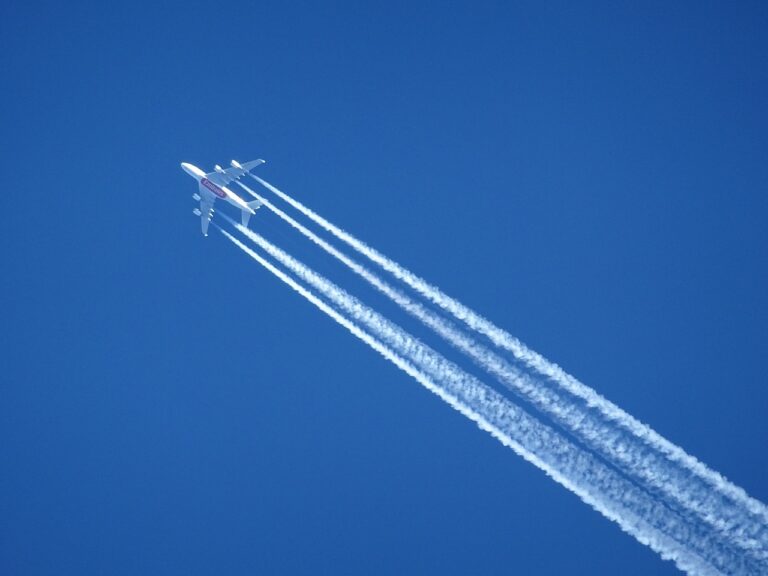“Flight shaming”, the movement to make the world aware of the effects of aircraft emissions is reaping success, and causing economic fallout, too.
Like it or not, Greta Thunberg is undoubtedly a change-maker, one of those people whose behaviour attempts to bring about significant changes in the way we live our lives.
Her commitment, which started with strikes at school and culminated with her speech in front of UN members, has focused the attention of each and every one of us on the environmental issue, and on the damage that our waste and indiscriminate pollution are causing to the planet, with devastating consequences that will be paid for above all by future generations, in a not too distant future.
Table of Contents
What is “flight shaming”
Flight shaming stems from the realisation of the enormous environmental burden of planes, especially on longer routes. According to an analysis by the Guardian, in fact, ‘a long flight generates more emissions than the average person in many countries around the world produces in an entire year’.
Scheduled flights contribute 2% of global emissions, according to the most widely available data, although according to Swedish researcher Stefan Gössling, “this is a half-truth”: taking into account other gases emitted by planes, such as nitrogen oxide, it comes to 5% of the total, “at the very least”.
Where the “flight shaming” movement started
Before finding its perfect epicentre in Sweden, the anti-flight movement spread to academia. In 2017, Peter Kalmus, professor of natural sciences at UCLA, opened the site No Fly Climate Sci, an online collection of researchers, professors and scientists who “don’t fly or fly as little as possible”.
In the project’s presentation, the answer to many of us mere mortals’ questions: “Why focus on flying? Because there is no better way to burn fossil fuel and overheat the planet’. Moreover, writes Kampus, ‘flight is the ‘domain of the privileged‘ and a symbol of all those habits we should abandon in our transition to a less polluting and more sustainable lifestyle’.
We were talking about Sweden’s role in all this: in addition to the now iconic Greta Thunberg, the Scandinavian country has done more than any other to sow the seeds of this new movement – “flygskam” in Swedish – going so far as to impact on the accounts of Swedavia AB, a company that runs ten airports, including those in Stockholm and Gothenburg, which has been steadily declining in traffic since 2018.
At the same time, the Swedish railways have seen a marked increase in passengers, a sign of an awareness – and stance – on the part of many citizens.
The movement is also spreading outside Scandinavia, as the BBC reports, with flight numbers in the European Union set to grow by only 1.5 per cent year-on-year, halving forecasts by aviation giant Airbus. According to the forecasts of the investment bank Ubs, the trend has also arrived in the US, where the number of flights has increased by 1.3%, against the 2.1% forecast.
The non-flyers movement demonstrate a new environmental attention
The non-flyers are the perfect demonstration of the economic and political weight of the environmental movements, which is pushing many airlines to renew their vehicles with more efficient aircraft, and society in general to rediscover rail alternatives.
Many European countries can also be easily reached by train, with options that are often more expensive but, as Dw’s website shows, faster and more convenient, if waiting and transit times are taken into account.












